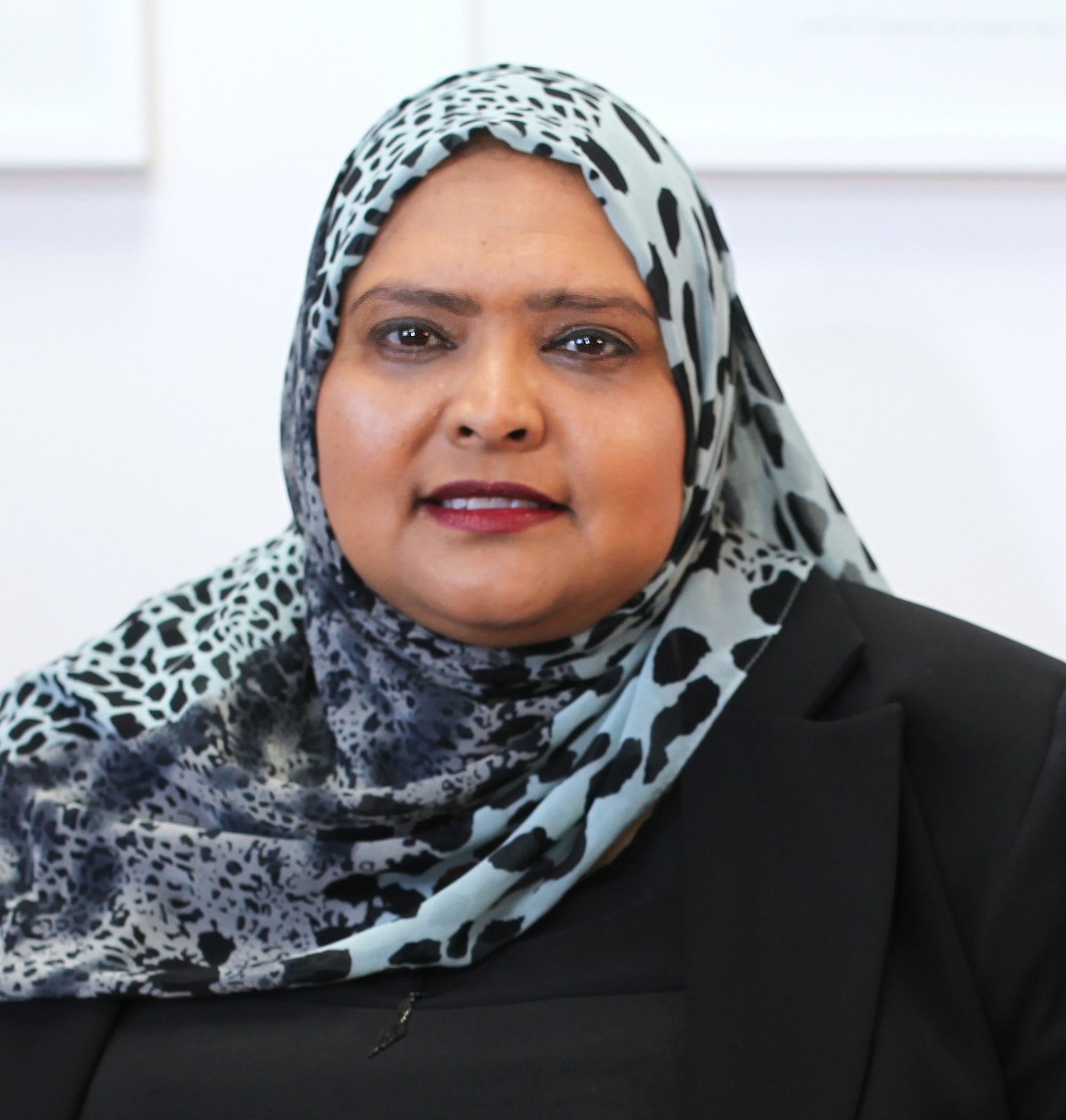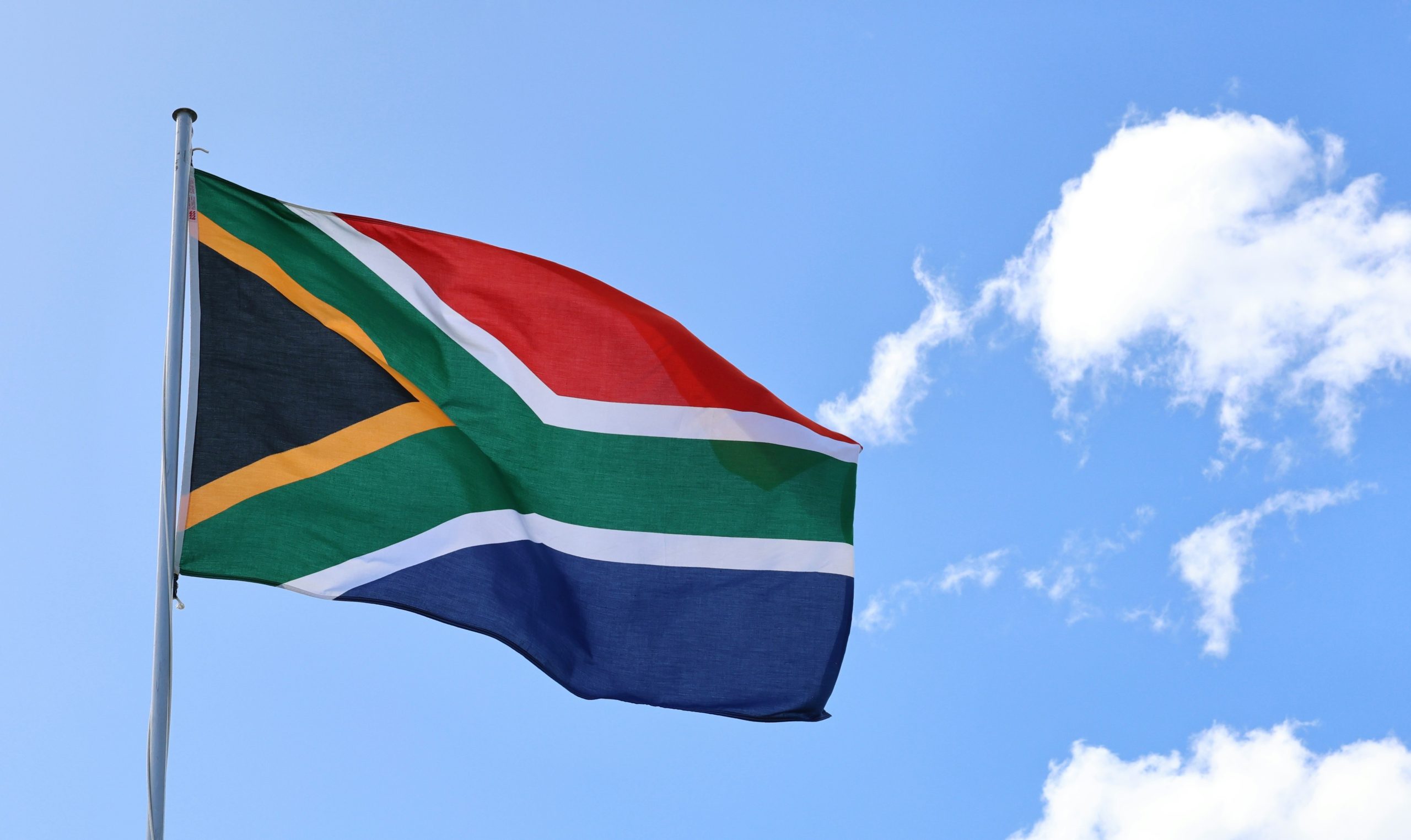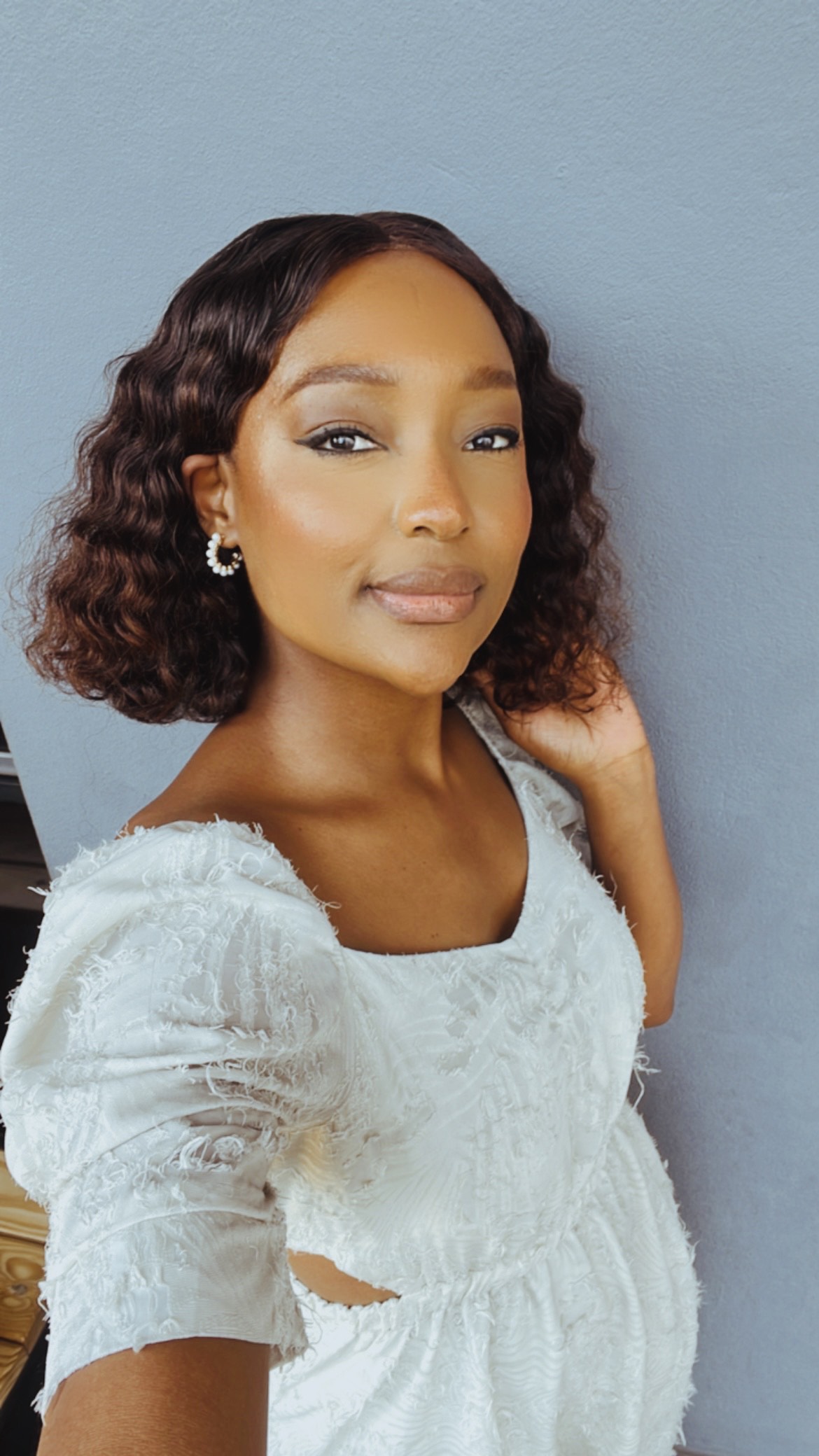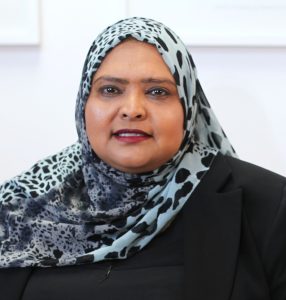
The modern woman’s guide to building wealth
For many women, investing is one of those ‘I’ll get to it later’ items on life’s to-do list, somewhere after putting food on the table today, paying next month’s bills, and saving for next year’s school fees. But, delaying investing now can mean delaying your financial independence later in life. And women simply can’t afford to do that.
This is according to Raazia Ganie, Executive Head: Investments at advisory firm NMG Benefits: “We’re seeing that women are increasingly the decision-makers in their households. This makes it more important than ever for women to be financially literate and empowered.”
The truth is that investing well begins long before you start a retirement fund, or you buy your first share or unit trust. It starts with budgeting. “Many households set aside little silos of money. One for bills, one for emergencies, and one for ‘spoils’ like holidays. This is the foundation of good financial planning,” Ganie explains.
Without this discipline, lifestyle spending can creep up. The allure of credit cards, deals on things we don’t really need, and ‘buy now, pay later’ offers is real. Used wisely, these tools can help with essential purchases or emergencies. Misused, they can quickly spiral into debt. “A credit card is essentially a loan at a very high interest rate,” Ganie cautions. “If you pay it off in full during the interest-free period, it can work in your favour. But outside of that, it becomes expensive money and paying it off (which is the right thing to do) may mean that there isn’t much left to invest.”
Too often, women view insurance as a grudge purchase. Ganie urges a mindset shift. “Short-term insurance is an investment in your financial wellbeing. You may not see a tangible benefit every month, but when life throws you a curveball, like a car accident or a burst geyser, you’ll be grateful you’re covered.”
When it comes to long-term insurance, a vision of how you want to live when you retire and how you want to provide for your family after you’ve passed on, combined with advice from an accredited financial planner and disciplined investing, are essential.
The good news? Investing has never been more accessible. Many platforms and bank-linked apps now let you invest small amounts – less than a hundred rand a month – into the stock market. “You don’t need thousands upfront. Small, consistent investments compound over time, and grows quietly in the background,” says Ganie.
This wisdom applies to retirement savings as well. And, for those women who’ve been saving diligently for when they go on pension, withdrawing the ‘savings pot’ from their retirement funds offers an alternative way to pay off high interest-bearing debt and for genuine emergencies where all other avenues have been exhausted. This is particularly relevant when interest rates are higher than the returns available on your retirement fund.
Perhaps the most important investing tip for women is to stay informed. Whether you’re the one currently managing the household budget or not, life circumstances change. At some point, every woman will need to take charge of her finances, and the importance of partnering with a financial adviser at every life stage can’t be over-stated.
Ultimately, investing as a modern woman shouldn’t be about giving up the joys of traveling or occasional spoils. It’s about balance. “Build the financial foundation first and then you can enjoy life’s luxuries. When your debts are paid off and you’re investing regularly into your future, you and family can live without stressing about what’s to come. That’s the real power of investing as a woman today,” says Ganie.




















Post Comment